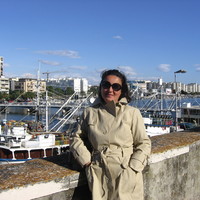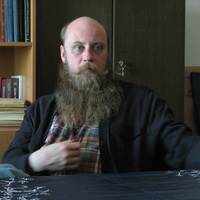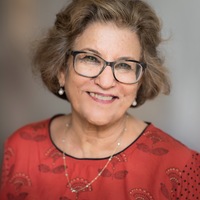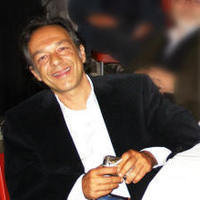Belgrad zwischen sozialistischem Herrschaftsanspruch und gesellschaftlichem Eigensinn: Diejugoslawische Hauptstadt als Entwurfund urbane Erfahrung. By Münnich Nicole. Balkanologische Veröffentlichungen: Geschichte, Gesellschaft und Kultur in Südosteuropa, no. 57. Wiesbaden: Harrassowitz Verlag, 2...
Slavic Review, 2015
pretation [2006]). While this work elicited many of the same criticisms as Neighbors, the debate ... more pretation [2006]). While this work elicited many of the same criticisms as Neighbors, the debate surrounding it was briefer, illustrated the ongoing legitimacy of accusations of antisemitism, and brought to the fore the power of affirmative, as opposed to "critical" (247), patriotism. According to Forecki, the debate over Fear can therefore be understood in the context of a broad backlash against Neighbors. That backlash has faced public challenges that the author addresses in his epilogue, such as Gross's most recent book, with Irena Grudzinska Gross, Zlote zniwa: Rzecz o tym, co dzialo sie na obrzezach zaglady Zydow (2011; Golden Harvest: Events at the Periphery of the Holocaust [2012]) and the 2012 release of Wladyslaw Pasikowski's controversial film Poklosie (Aftermath). Most of the disputes discussed will be familiar to scholars of Jewish-Polish relations, but this work nonetheless has substantial merits. It is well documented, reflecting the author's mastery of the debates he analyzes, and acquaints the reader with much of the Polish literature in the field of memory studies. Most significantly, its perspective is broad, both thematically and chronologically, resulting in an exploration of Holocaust memory and forgetting that is not limited to specific periods (e.g., the era of Polish Stalinism), sites (e.g., Auschwitz), or events (e.g., the campaign against "Zionism" in the late 1960s). As such, the book is a worthy complement to existing locationor event-bound treatments of Holocaust memory in Poland. It has, however, a number of weaknesses. Forecki's detailed treatment of the debates surrounding Neighbors comes at the expense of sufficient analysis of other important markers of Poland's confrontation with its Jewish past, such as the controversy in the 1980s over the establishment of a Carmelite convent at Auschwitz. In addition, the translation lacks the clarity and precision expected of an academic monograph. Finally, the author's commendable passion for his subject at times lacks objectivity, as is evident in his sporadic use of the first-person plural "we" and the occasionally moralizing tone of his prose. These criticisms notwithstanding, Reconstructing Memory is an important step on the path to understanding the complexities of Polish-Jewish relations in the postwar years and is a welcome contribution to the literature exploring how societies have confronted, or not, the legacies of the Holocaust.











Uploads
Papers by Ranka Gasic